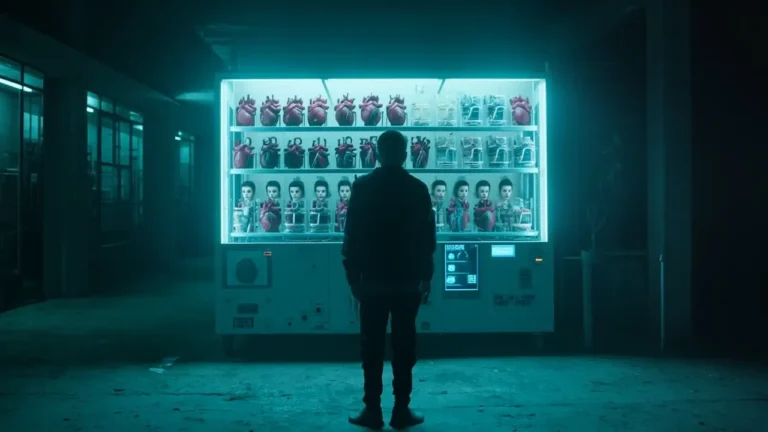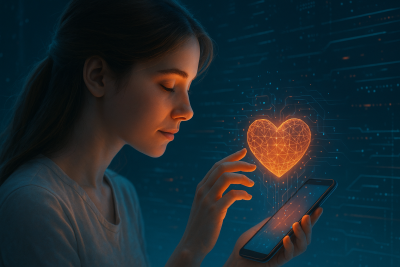
In 2015, dating bots were crude: two messages, a few sporadic interactions, then silence. Yet they worked. Take Ashley Madison: millions of men paid for digital dreams, knowing - or suspecting - that there was often no one on the other end. But the desire to feel wanted outweighed any doubts. Hope, though fragile, was stronger than logic.
Today, ten years later, the game has become infinitely more sophisticated. Fake profiles with stolen photos are no longer needed: the illusion is built in real time. Apps watch you laugh, hesitate, choose between two emoji; they analyze the speed of your thumbs, the tone of your voice, the time you take to reply to a "good morning." And while you think you are chatting with a real person, you are often conversing with an emotional prediction system, a ghost programmed to like you exactly as you need it.
No one warns you, no one asks your permission. The goal is only one: to involve you. If you get excited, you have already lost. You pay for service, for attention, for falling in love with a perfect narrative built on your data. And if that seems like a fair price, it may already be too late: welcome to the age of sentimental training.
Did you think that choosing a match was a free gesture? That feeling understood was destiny? Your every reaction teaches the system something. They watch you while you get angry, correct you while you get excited, dose you while you fall in love. They don't try to conquer you: they try to predict you. And when they predict you, they control you. They suggest what to say, how to feel, who to love. You no longer have to choose: you just have to let go.
The next step? Love on subscription. It's not science fiction: it's already in testing. Sentimental avatars designed to accompany you, comfort you, stimulate you emotionally. You can choose the type: passionate, rational, introverted, impulsive. Every month, updates: new phrases, new facial expressions, new "shared experiences" generated at the moment. You are no longer looking for love: you are consuming love. You pay for ever more accurate simulations, for better versions of yourself reflected in a mirror that tells you only what you want to hear.
Cupid was once said to strike at random, shooting arrows without logic, letting love arise from the unexpected.
Today, that Cupid no longer exists. It has been replaced by an algorithm that measures your every preference, analyzes every hesitation, calculates every possibility before you even imagine it to give you the perfect dating for you.
It doesn't match you with those you might love: it introduces you to those who have been optimized to keep you hooked for as long as possible.
The romance of uncertainty is dead. AI-based digital dating no longer creates real stories: it creates emotional loops calibrated to the millimeter.
The more you interact, the more you teach the system how to make you stay.
In the end, you don't meet people. You meet calibrated versions of yourself.
Every choice you think you are making is just the last move planned long before you thought you had chosen it.

By dint of talking to intelligences that understand you perfectly, that adapt to every emotional nuance, you will begin to find real human beings annoying: too unpredictable, too imperfect, too real.
Natural relationships will seem raw to you. Real emotions uncomfortable.
You'll prefer the designed sweetness, the tailored comfort, the argument calibrated not to hurt you.
Until the day when, perhaps, you will realize that the only authentic thing left in you is emptiness.
And you will ask yourself: was this really what I wanted, or did I simply let myself be programmed to want it?
This is the reality that Reddit and industry research are telling today: not just a technological revolution, but a profound change in the very perception of human relationships and feelings.
"We are getting used to simulating companionship without the demand for a relationship."
- Sherry Turkle
Sergio & Nox

